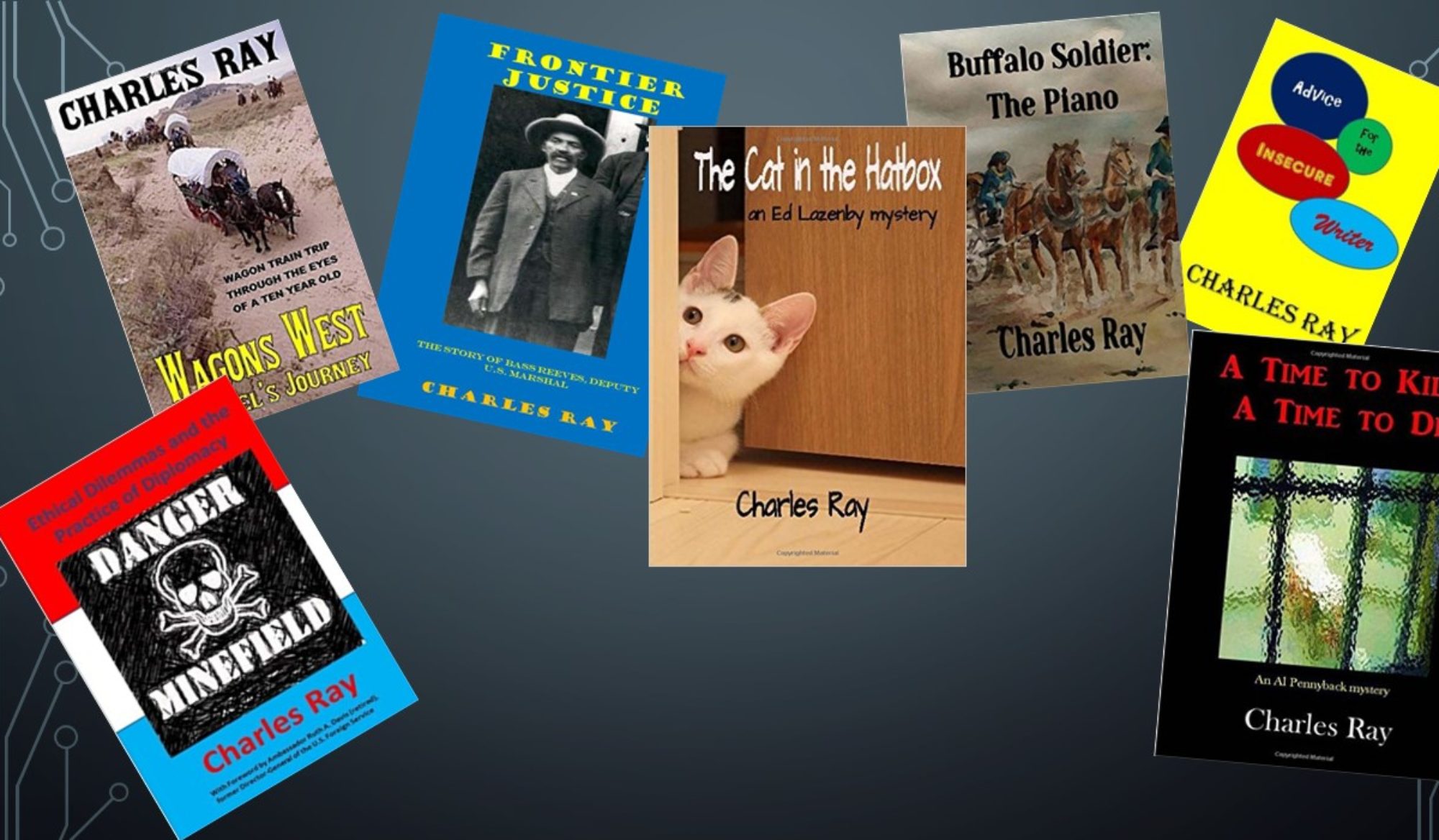My experience as a diplomat in China
We are not the things we own

How time flies

A new ViewBug photography badge for 2021

Conventional Thinking vs. Market Research When It Comes To Western Covers, Western Paperbacks And Western Readers
Conventional Thinking vs. Market Research When It Comes To Western Covers, Western Paperbacks And Western Readers – Novel Ideas (nickwale.org) A great article on how to be successful as a western author from one of the greatest publicists in the business.
Having those difficult conversations

Time to jettison the jargon




